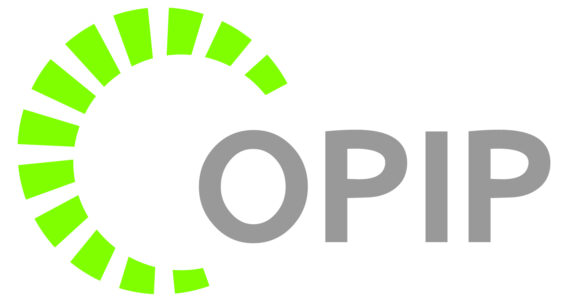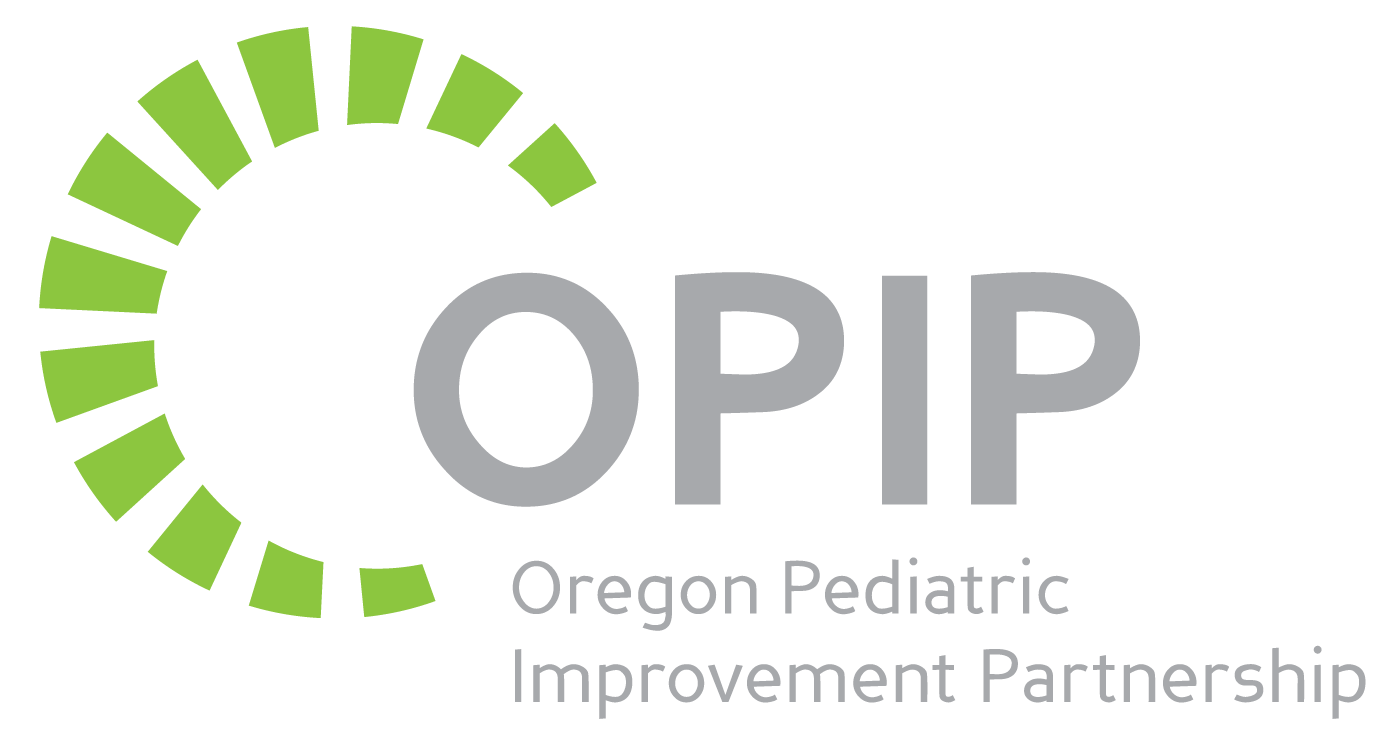2024: Our 14th Annual newsletter highlights selected projects and key outcomes from the past year, including:
- A high-level summary of the Transforming Pediatrics for Early Childhood Cooperative Agreement that began in September 2023.
- Our leadership role in Measure Stewardship for the novel and innovative System-Level Social-Emotional Health Metric that is included in the Coordinated Care Organization (CCO) Incentive Metric set.
- Our role in developing the new child-level CCO Incentive metric focused on issue-focused interventions for children with social-emotional issues.
- Training efforts for Integrated Behavioral Health and planned efforts for Primary Care.
- Efforts to Galvanize Action for Children with Health Complexity in Douglas County.
2023: OPIP is Thirteen! Our annual newsletter summarizes some key projects and outcomes from the work, including:
-A high-level summary of the Transforming Pediatrics for Early Childhood Cooperative Agreement that was started in September 2023,
-Efforts to Galvanize Action for Children with Health Complexity statewide and more robustly in Douglas County, and
-Our role in leading the Measure Stewardship for the novel and innovative System-Level Social-Emotional Metric that is included in the Coordinated Care Incentive Metric set.
2022: OPIP Turns Twelve!! To celebrate this occasion we have developed a summary of the last 12 years of OPIP’s projects and the collaborations and funding that made them possible.
2021: Through a Partnership between Oregon Pediatric Improvement Partnership, the Children’s Institute, and Oregon Health Authority – Successful Development of a Coordinated Care Organization Incentive Measure focused on supporting Social Emotional health for children birth to five
First in the Nation Health Metric Aims to Address Social and Emotional Health
Oregon CCOs to focus on improving the social, emotional wellness of young children statewide
2019: Oregon awarded up to $16 million over seven years from the Center for Medicare and Medicaid Innovation (CMS) Integrated Care for Kids (InCK) model.
OHA will partner with the Oregon Pediatric Improvement Partnership (OPIP) at Oregon Health & Science University and local communities to better integrate services across behavioral health, physical health, and other family supports to meet the triple aim of better health, better care, and lower costs.
The model will focus on supporting children and youth ages 0 to 21 who are covered by Medicaid and CHIP in Marion, Polk, Crook, Deschutes and Jefferson counties. The ultimate goal of the model is to provide effective child- and family-centered care in order to reduce hospital stays and out-of-home placements for children and youth such as foster care and residential behavioral health.
2014:
On November 7, 2014 OPIP’s Director, Colleen Reuland, was invited to present at the National Committee for Quality Assurance’s (NCQA) 9th Annual Conference: “Innovation Driving Value”, held in Washington DC along with some of the nation’s top thought leaders and policymakers to explore new approaches to more patient-centered, affordable, high-quality care. Keynote speakers included muscular dystrophy patient Vance Taylor with his inspirational perspective on overcoming adversity, and CMS’ Sean Cavanaugh on efforts to move Medicare to paying for value instead of volume. Click here to access Ms. Reuland’s slides, as part of the panel discussion on Using Patient Feedback to Strengthen Patient-Centered Medical Homes.
On November 6, 2014 we held a meeting titled “Enhancing Child Health in Oregon (ECHO): Advancing Transformation and the Triple Aim”. This gathering was attended by Oregon policymakers and child health stakeholders. The goals were for participants to (1) Learn about the impact of ECHO on transforming care provided to children and adolescents; (2) Discuss factors that facilitated or impeded transformation; and (3) Identify policy opportunities to spread and sustain best practices.
Check us out in the OHSU Doernbecher Connection Newsletter: Winter 2014, Issue 3.
2012:
In February 2012, OPIP received the Administrator’s Excellence Award a for work on the Assuring Better Child Health and Development (ABCD) III project, aimed to improve access and systems of care for Oregon’s vulnerable children. Oregon is one of five states participating in the National Academy for State Health Policy’s (NASHP) ABCD III program which began in 2009 to improve delivery of early child development services for low-income children and their families.

